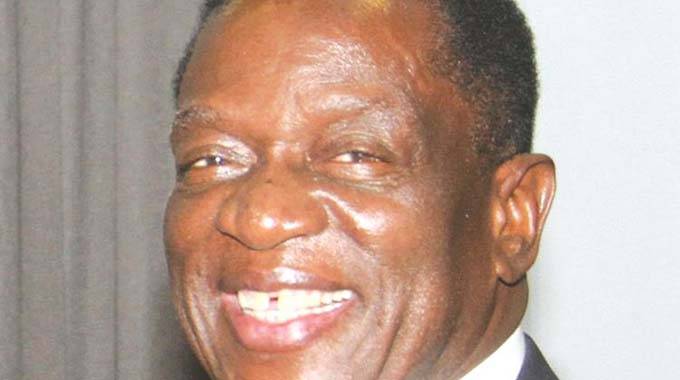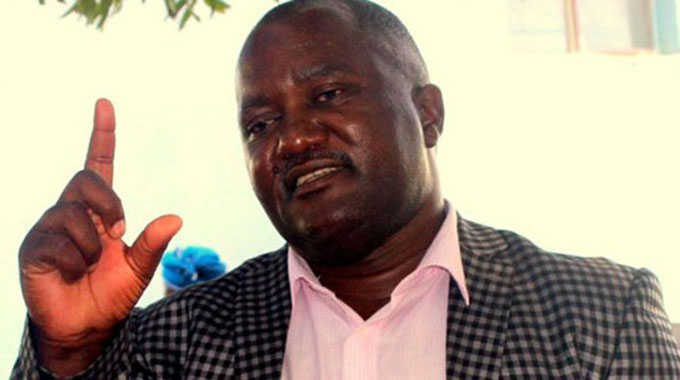Don’t despair, price increases are only temporary

Kudzai Mutisi Correspondent
Reports of price increases in Zimbabwe are worrying, but it’s definitely a temporary issue that will change soon for the better.
Let me say this first: It’s a market problem; it has nothing to do with politics. I will explain the market problems and the corresponding market solutions being implemented by President Mnangagwa’s Government.
Problem 1: Panic buying — Because of speculation that the Bond note and RTGS balances will lose value in the near future, people are rushing to buy goods in bulk before their money loses value.
This rush has caused a spike in demand and the market responded by increasing prices. This happened for cooking oil and fuel. The shock demand caused price increases and artificial shortages.
Solution to problem 1: The Reserve Bank of Zimbabwe and the Government moved in to assure the nation that the 1:1 exchange rate is guaranteed and that in the event that the Bond note is demonitised, citizens will be given US dollars at 1:1 since that’s the official position.
Moreover, Government has allocated extra foreign currency to buy fuel and basic commodities to ensure that the panic buying won’t lead to empty shelves. So calm down.
Problem 2: Black market forex rates — The exchange rates on the parallel market are causing headaches for monetary authorities because they devalue the RTGS balances and the Bond note, making it unattractive for businesses and the general public.
Solution to problem 2: The Government aims to demonetise the Bond note and also to dollarise the RTGS balances.
The first step of this process has already begun: Separating the FCAs from RTGS accounts.
Government can gradually mop up the excess money from the financial system, thus controlling inflation. Bond notes will be demonitised by paying their bearers US dollars at a 1:1 rate.
By allowing FCAs, companies won’t have to rely on the reserve bank for foreign currency; they will have their own accounts.
In addition, Government can convert the RTGS balances to FCAs by issuing long-term bonds in US dollars.
In short, keep your RTGS balance, it’s value is guaranteed by Government.
Problem 3: Low production — Our major problem is the trade deficit. Our imports are more than our exports (all inflows of foreign currency).
This means we will always have cash problems until our imports are less than our exports.
Solution to problem 3: The Government is ratcheting up trade agreements with potential foreign markets with the aim of increasing our exports.
So far, great progress has been made to secure markets for Zimbabwe’s agricultural produce like flowers, beef, peas and fruits.
President Mnangagwa has emphasised transforming Zimbabwe into a net exporter.
Moreover, the Government is moving to cut imports, especially agricultural commodities.
Zimbabwe is importing wheat and soya bean.
These can be grown locally.
Government and the private sector are recruiting and supporting local farmers who can grow wheat and soya bean for the local market and for export.
Finally, our market problems must be addressed once and for all, otherwise they keep recurring.
Our new Finance Minister and the Minister of Industry are focusing on eliminating all the market issues affecting our motherland.
We are on the right path. The future is bright.
Do not despair, the market will establish a new equilibrium and stabilise. Money is limited, and the reserve bank is not printing money (it’s actually mopping up excess liquidity).
Since money is limited, there is also a limit to the prices that businesses can charge and the quantity that people can buy.
Our supply chains are not disturbed; so don’t expect shortages in the future.









Comments